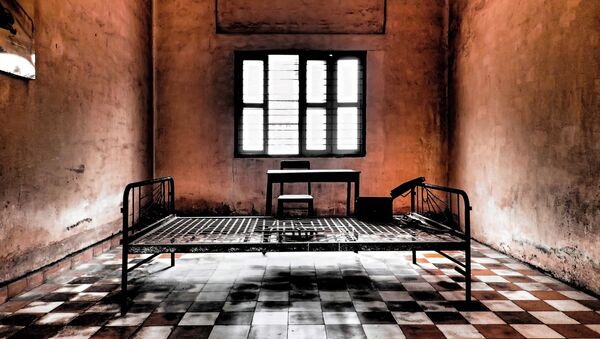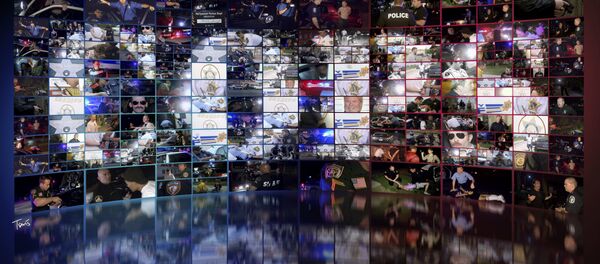The study involved 88 participants who were made to complete computer tasks across multiple sessions while repeatedly receiving warnings that pressing the “Escape” key on their keyboard would cause the loss of study data. For the final session, participants either slept all night or stayed awake all night.
In the morning, the participants were asked to sign a laboratory activity summary statement which falsely alleged that they had pressed the Escape key during an earlier session.
“After a single request, the odds of signing were 4.5 times higher for the sleep-deprived participants than for the rested participants,” the study found. They found that 50% of the exhausted subjects signed on the first request, versus only 18% of the people who had a good night’s sleep.
The authors of the study recommend recording interrogations so that the value of the resulting confession can be assessed by everyone in the legal process, as well as having suspects rate their sleepiness to help make it clear when a confession has been signed by a sleep-deprived suspect.
The Innocence Project, a nonprofit dedicated to obtaining freedom for people imprisoned for crimes that they did not commit asserts that false confessions play a role in up to 25% of wrongful convictions in the US.




